What Is/What Causes a Rotator Cuff Tear
A rotator cuff tear is a common injury that consists of a partial or complete tear in the muscles and tendons in the shoulder, causing pain and discomfort. The condition is caused by sudden injury or by long-term wear and tear from age or repetitive motions.
What Are the Symptoms of a Rotator Cuff Tear?
The most common symptom of rotator cuff tears is dull pain deep in the shoulder.
Specifically, patients may experience:
- Pain radiating from the damaged rotator cuff area
- Pain in the shoulder area that tends to be worse at night
- Muscle weakness in the shoulder (including issues with holding the injured arm overhead)
- Popping or cracking sounds emanating from the shoulder
How Do We Diagnose Rotator Cuff Tears?
Our specialists take great care of evaluating your symptoms and performing diagnostic measures, including:
- A physical exam to determine your range of motion and pain levels
- Imaging, such as:
- X-ray
- MRI
- Ultrasound
- CT scan
How Do We Treat Rotator Cuff Tears?
If the tear is minor, your treatment may include, physical therapy, anti-inflammatory medications, or a cortisone injection.
If the tear is significant, your shoulder specialist may recommend surgery.
Our shoulder surgeons perform rotator cuff repair arthroscopically through several tiny incisions. The surgeon works with small instruments including a miniaturized camera, while looking at the inside of the shoulder on a television monitor.
The most common symptom of rotator cuff tears is dull pain deep in the shoulder.
Specifically, patients may experience:
- Pain radiating from the damaged rotator cuff area
- Pain in the shoulder area that tends to be worse at night
- Muscle weakness in the shoulder (including issues with holding the injured arm overhead)
- Popping or cracking sounds emanating from the shoulder
Our specialists take great care of evaluating your symptoms and performing diagnostic measures, including:
- A physical exam to determine your range of motion and pain levels
- Imaging, such as:
- X-ray
- MRI
- Ultrasound
- CT scan
If the tear is minor, your treatment may include, physical therapy, anti-inflammatory medications, or a cortisone injection.
If the tear is significant, your shoulder specialist may recommend surgery.
Our shoulder surgeons perform rotator cuff repair arthroscopically through several tiny incisions. The surgeon works with small instruments including a miniaturized camera, while looking at the inside of the shoulder on a television monitor.
Physicians

- Hand and Upper Extremity
Practicing in:
Greenwich, Stamford, and Wilton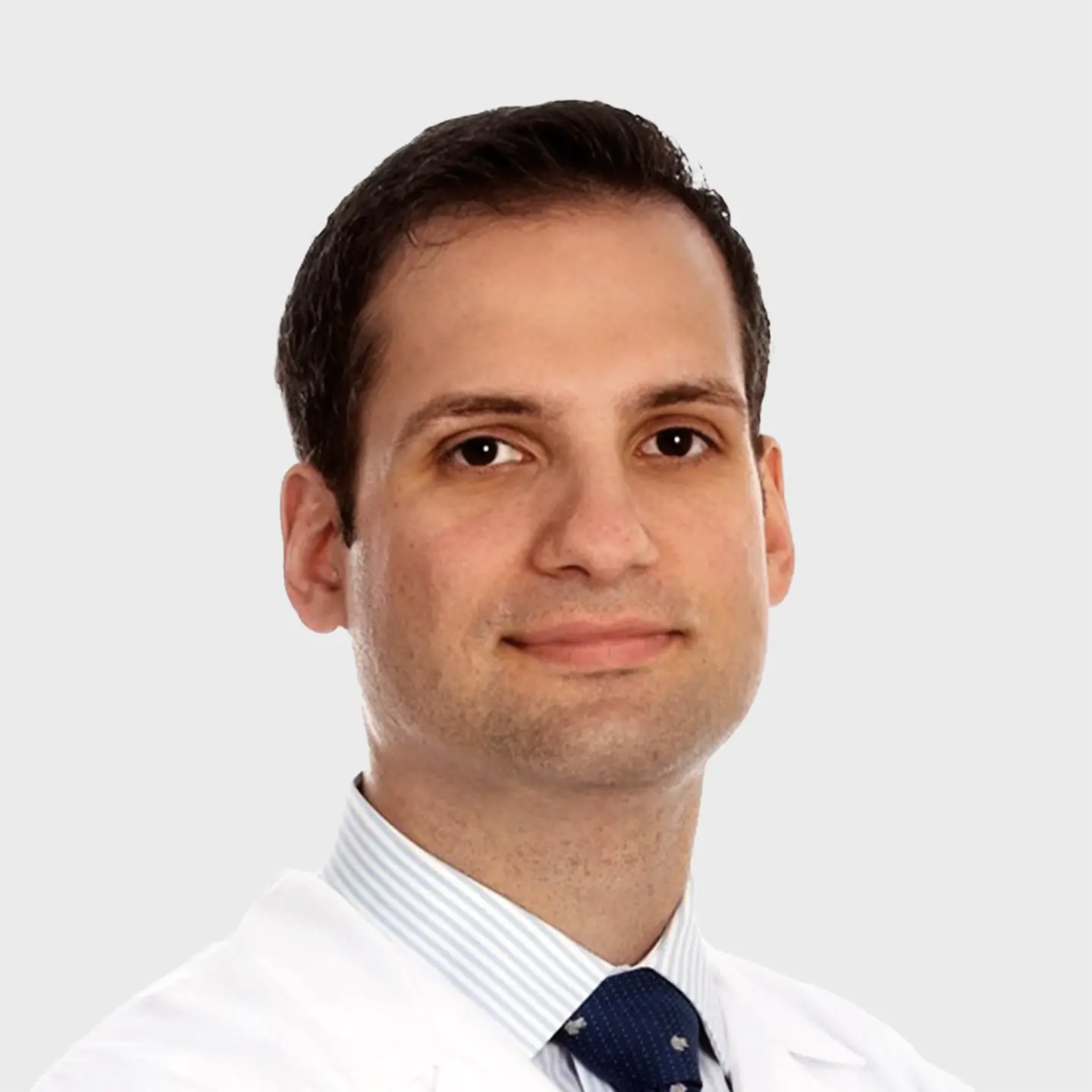
- Sports Medicine
Practicing in:
Greenwich and Stamford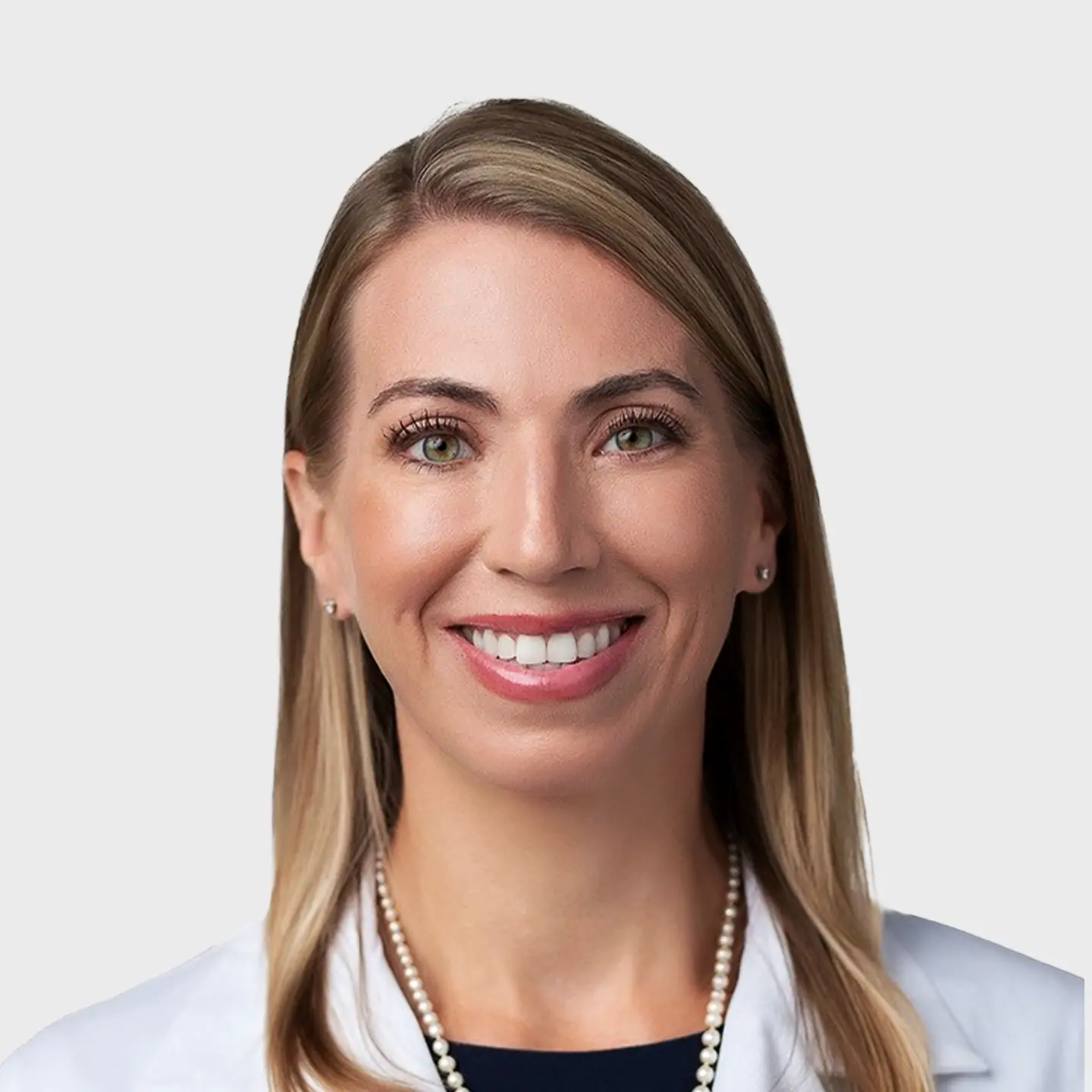
- Sports Medicine
Practicing in:
Greenwich, Stamford, and Wilton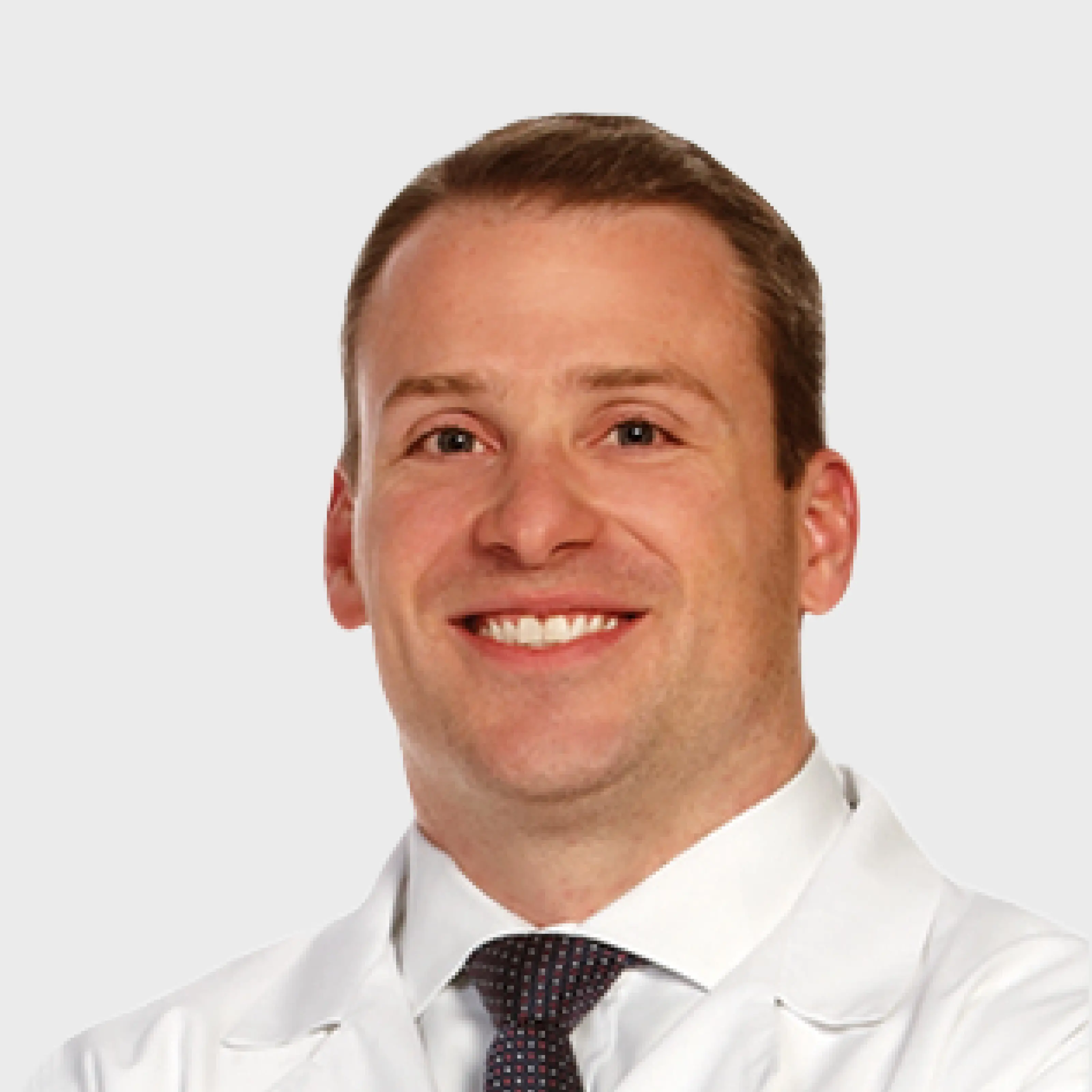
- Sports Medicine
Practicing in:
Greenwich and Stamford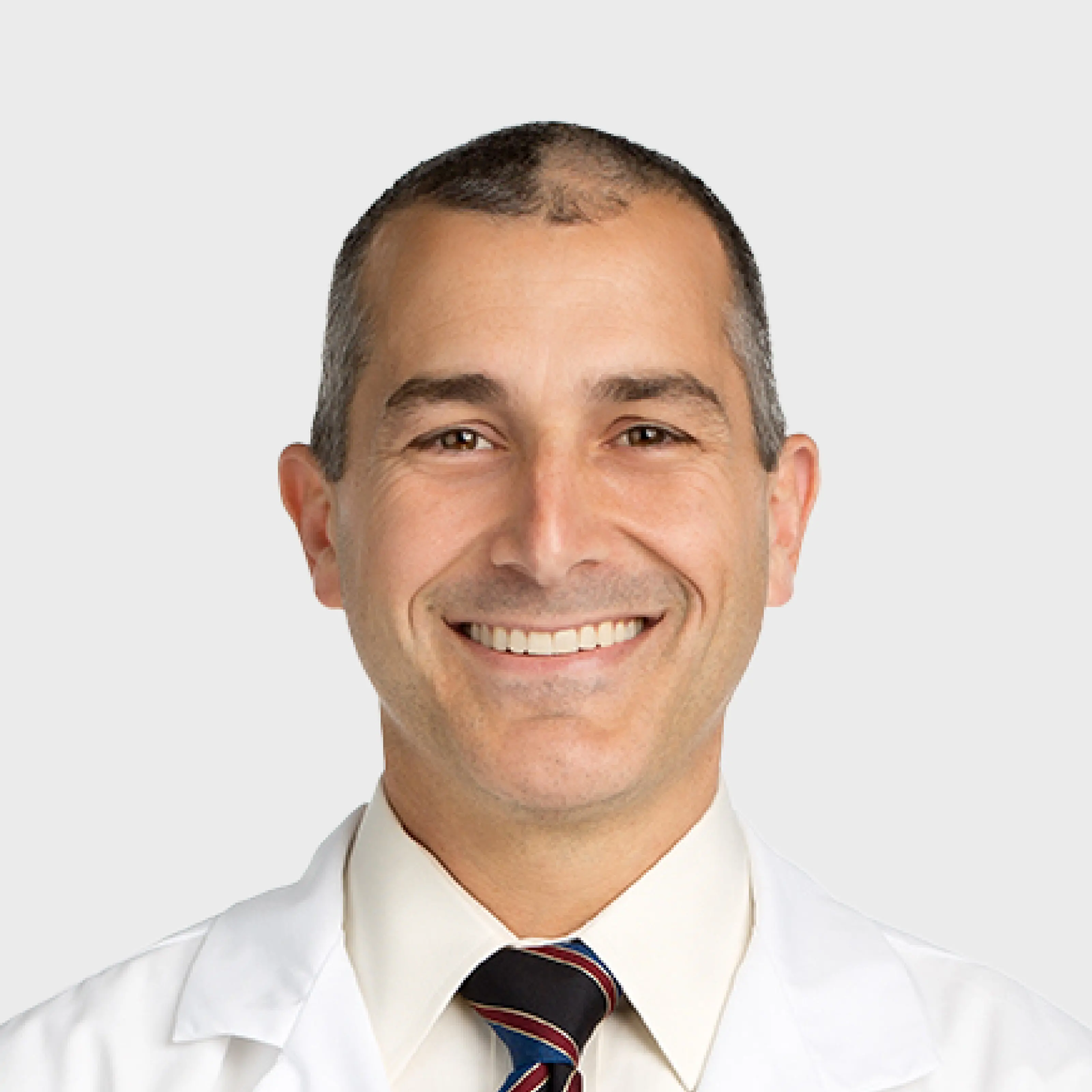
- Sports Medicine
Practicing in:
Greenwich, Stamford, and Harrison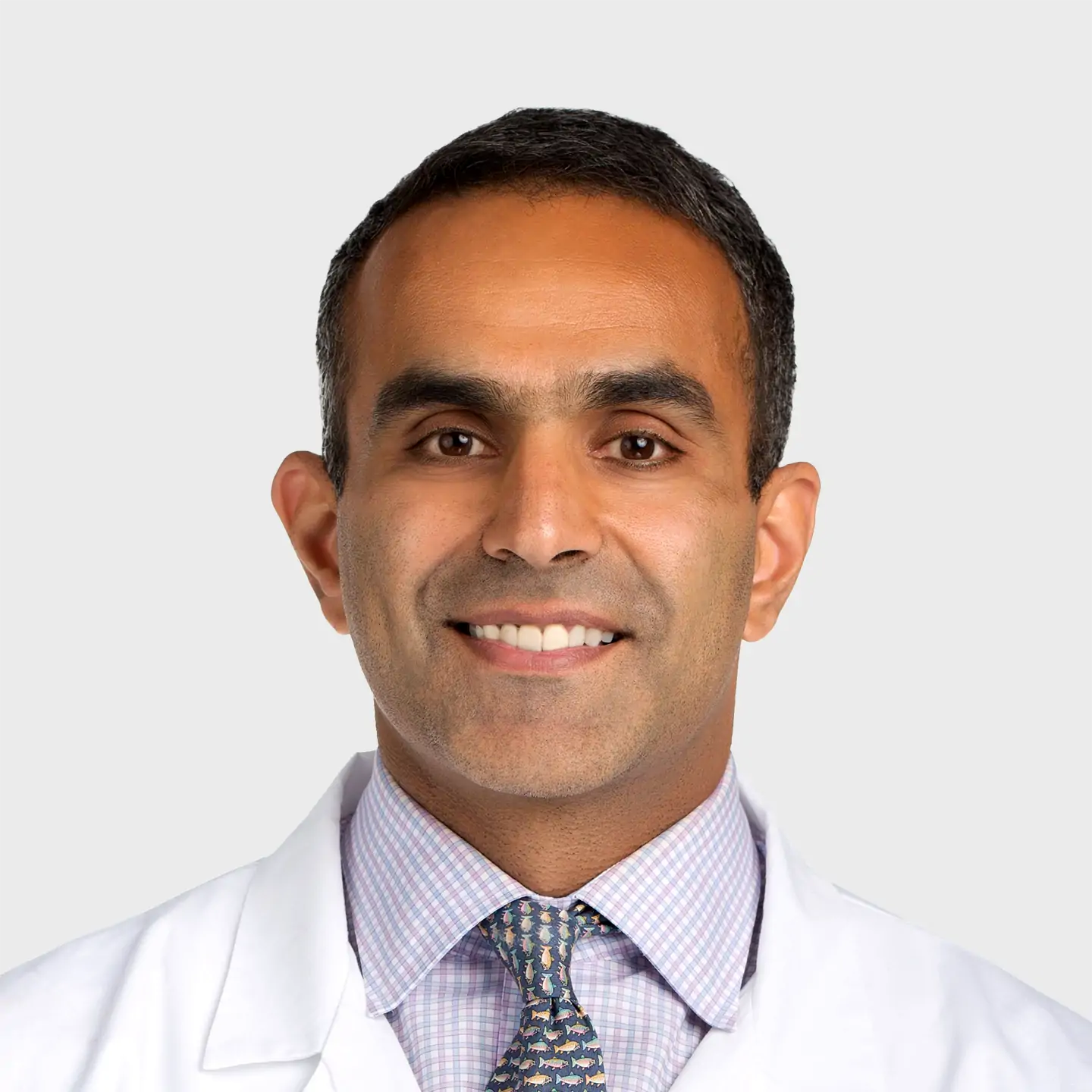
- Sports Medicine
Practicing in:
Greenwich and Harrison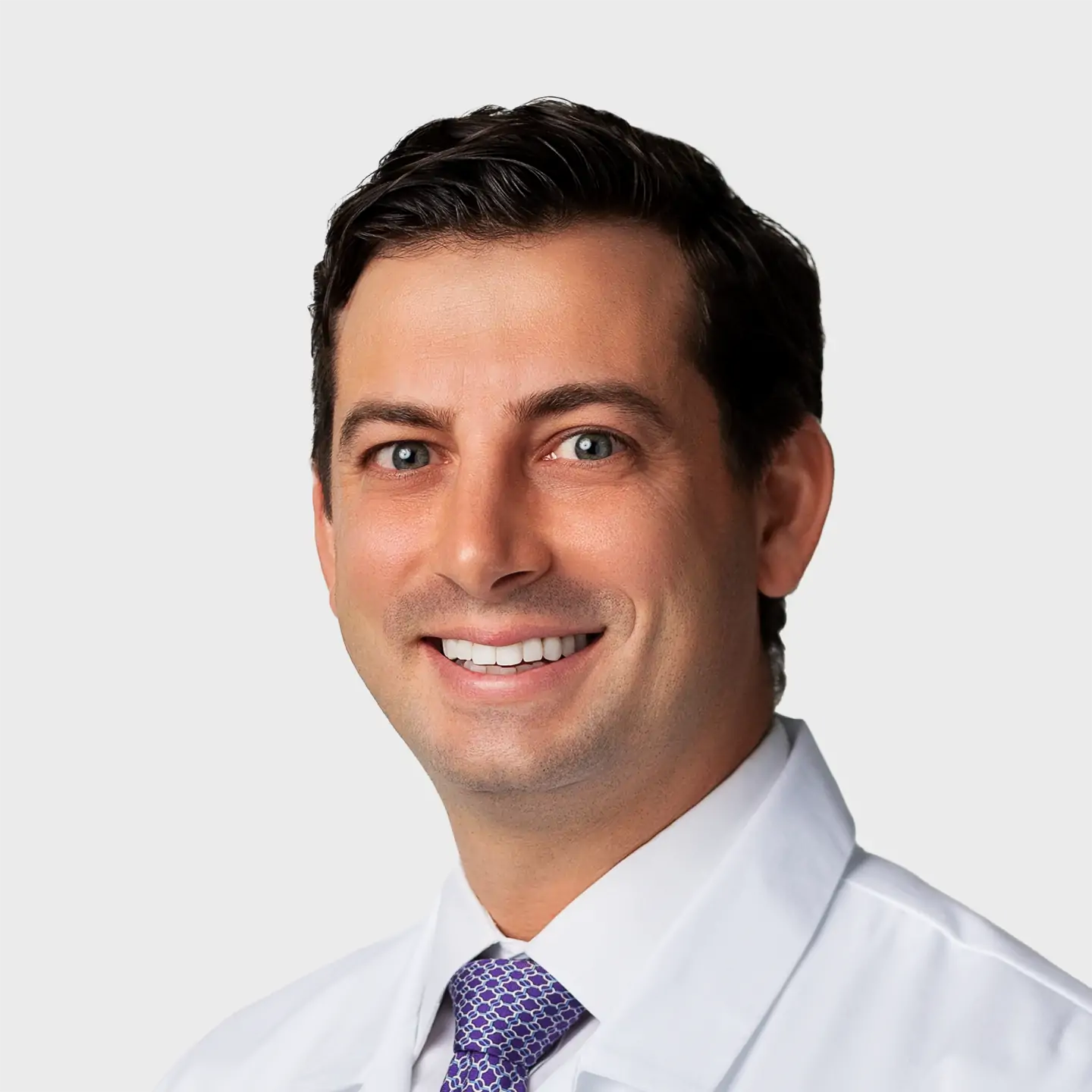
- Sports Medicine
Practicing in:
Greenwich and Wilton Director of the ONS Women's Sports Medicine Center
Director of the ONS Women's Sports Medicine Center- Sports Medicine
Practicing in:
Greenwich and Stamford


